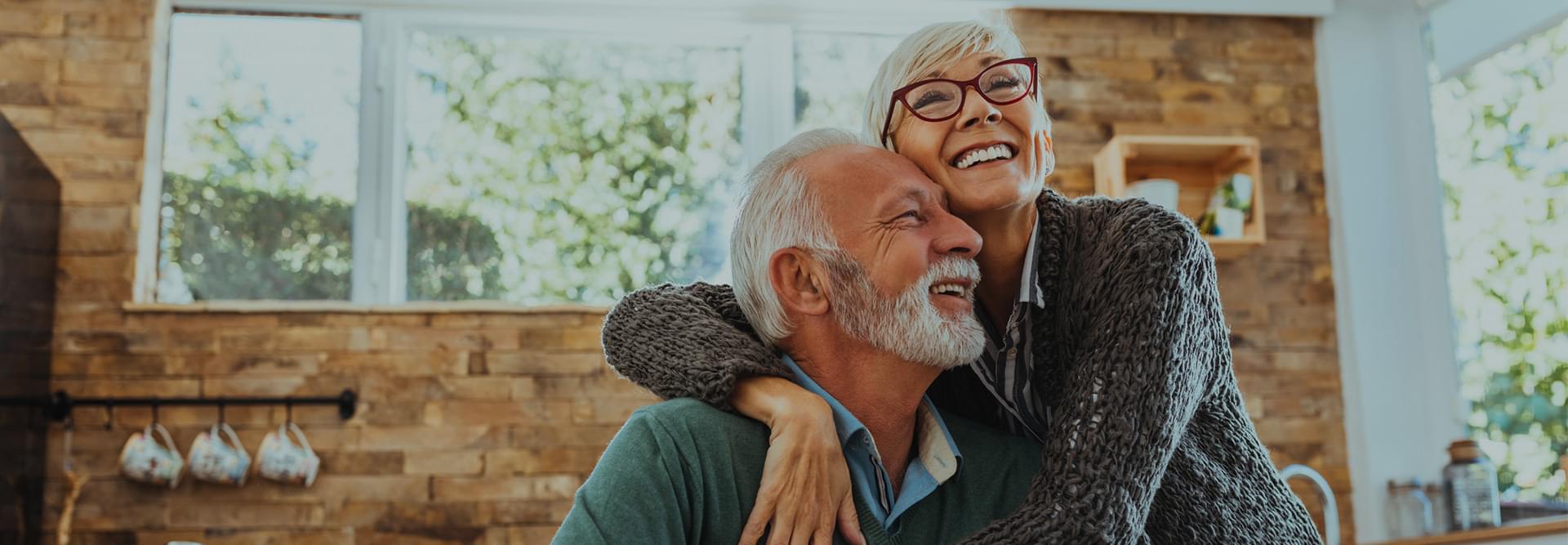Planning for What You Need Along the Way
Remember that you do not have to take care of your SCLC diagnosis alone. The lung cancer community is here to provide information and support for living with this disease. Check out the resources below to help craft your own unique care plan.
Care Plan Resources
You will likely have many appointments, information and materials to gather and read-through. As a starting place, below is a list of resources to help you and your care partner take the necessary steps throughout your cancer experience.
- Download: Guide to Discussing SCLC with Your Healthcare Provider
As you navigate your journey from diagnosis through treatment, you and your care team can work together to create the best plan for you. Download and print this checklist to remind you of all the questions you’d like addressed, and keep it updated in between appointments. - Navigating When Newly-Diagnosed
Get the patient handbook from GO2 Foundation for Lung Cancer with support services and close-ups on the types of specialists that may become part of your care experience.1 - Guide to Staying Well at Home
COVID-19 and other health factors may mean that special steps need to be taken to protect your health. Here are tips for you and your loved ones to make sure that you remain healthy while at home.2 - Staying Healthy During Treatment
Learn how to avoid infection as well as stay strong and emotionally healthy.3 - COVID-19 and Cancer
Get the latest updates on how COVID-19 may impact your cancer care plan and precautions you can take to stay safe.4
- GO2 Foundation for Lung Cancer. Navigating lung cancer 360º of hope fifth edition – fall 2020. https:// go2foundation.org/wp-content/uploads/GO2_Foundation_Patient_Education_Handbook_5th_Edition.pdf. Accessed March 28, 2025.
- Centers for Disease Control and Prevention. Taking Care of Your Body. https://www.cdc.gov/howrightnow/taking-care/index.html. Updated May 26, 2023. Accessed
March 28, 2025. - Centers for Disease Control and Prevention. Staying healthy during cancer treatment. https://www.cdc.gov/cancer-survivors/patients/staying-healthy-during-cancer-treatment.html. Updated
May 28, 2020. AccessedMarch 28, 2025. - GO2 Foundation for Lung Cancer. Coronavirus and lung cancer. https://go2.org/resources-and-support/lung-cancer-and-coronavirus/. Accessed March 28, 2025.



